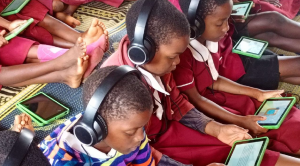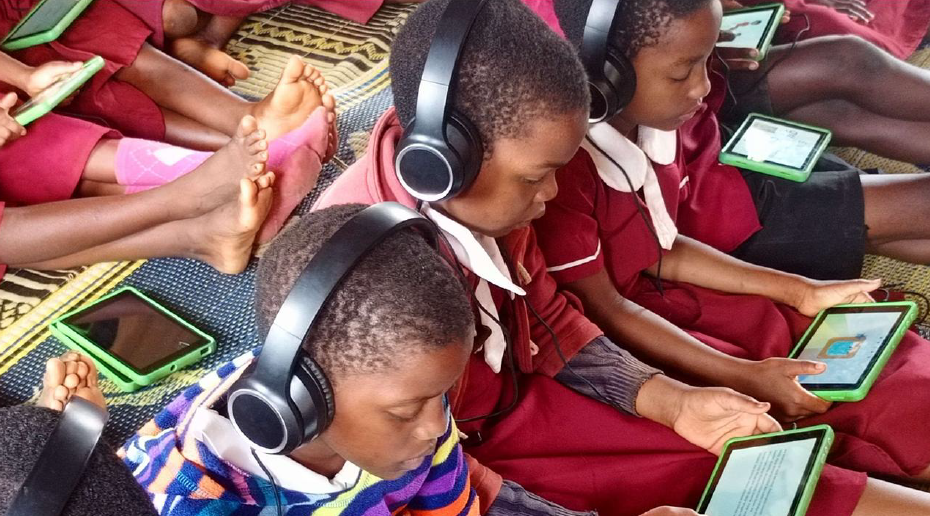
Dar es Salaam, Tanzania//– A groundbreaking report showcased at the eLearning Africa Conference sets out the interventions needed to overcome critical barriers to scalability for the edtech ecosystem.
The comprehensive study, “Leading Perspectives on the State of Digital Courseware in Low-Resource Countries,” produced by the mEducation Alliance and Spix Foundation, consolidates insights from 41 ministry officials, global experts, donors, and implementers across Kenya, Ghana, Rwanda, Malawi, Tanzania, Liberia, The Gambia, and Zambia.
“This research is critically important because it identifies both structural barriers and practical solutions that have proven effective across diverse African contexts,” said Anthony Bloome, mEducation Alliance Founder and Executive Director. “By documenting innovations from multiple countries and bringing together voices from across the continent, we can accelerate progress through shared learning rather than reinventing solutions in each country.”
The report highlights that despite resource limitations, African countries are demonstrating significant progress and innovation in digital education. In Kenya, the government’s Digital Literacy Programme (DLP) has provided over 20,000 public primary schools with digital devices and trained more than 75,000 teachers, aiming to integrate technology into the curriculum and foster 21st-century skills among learners.
“Our findings reveal both extraordinary innovation and persistent challenges in Africa’s digital education landscape,” said John Kimotho, former Director of Educational Media at Kenya Institute of Curriculum Development. “
The report calls for decisive action across multiple fronts, including:
- Development of open-source platforms and data-sharing protocols to enable access to educational content without being locked into proprietary systems.
- Prioritisation of offline-first approaches that function seamlessly without requiring a continuous internet connection.
- Investment in teacher professional development specifically focused on digital pedagogy and practical classroom integration.
- Creation of quality assurance frameworks that prioritise accessibility, affordability, and adaptability to local contexts.
- Establishment of continent-wide standards for digital learning platforms to improve scalability and compatibility.
This research arrives at a critical juncture, as African countries work to prepare 23 million additional STEM graduates by 2030 to meet growing demand in engineering, healthcare, and information technology sectors, according to the World Economic Forum.


